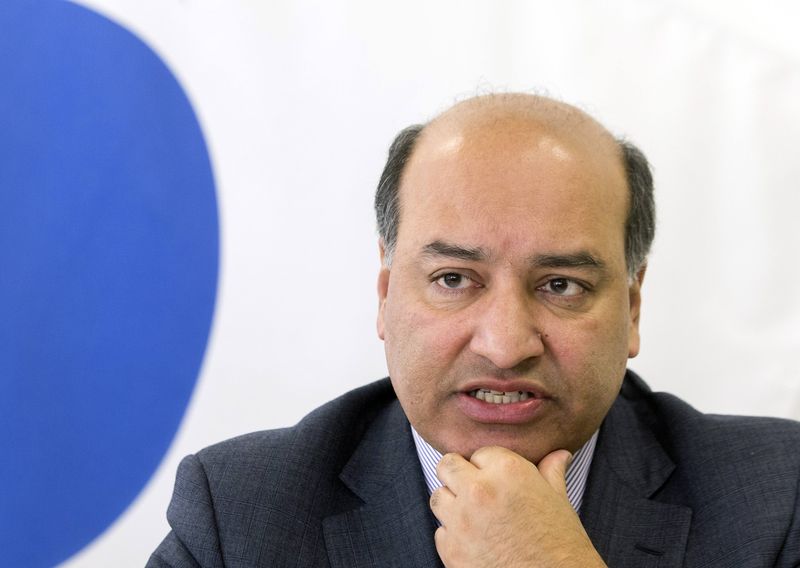Gold prices set for weekly gains on dovish Fed outlook; silver near record high
By Alastair Macdonald
BRUSSELS (Reuters) - The European Bank for Reconstruction and Development will launch a five-year programme of loans and investments in Greece that EU governments hope can foster enterprise and growth to help revive an economy hobbled by public-sector debt.
Tuesday's move is not directly related to international loan programmes that have bailed out the Greek state. But the head of the EBRD said big euro zone creditors thought his bank's support for private enterprise could encourage the kind of market reform they want the new left-wing government in Athens to focus on.
Suma Chakrabarti, president of the London-based EBRD, told reporters in Brussels that all its 66 state owners had voted on Friday to let Greece follow similarly bailed-out euro zone member Cyprus in becoming a "country of operation" - allowing a wide range of Greek businesses to seek funding from the EBRD.
Formed in 1991 by rich industrial powers including the European Union and United States to promote market economies in the former Soviet bloc, the bank has set no limit on how much funding it will provide in Greece.
In Romania, a somewhat smaller economy, the EBRD invested 592 million euros (430 million pounds) last year.
The EBRD offer was prompted by a request late last year from the conservative-led coalition government which lost power in January. Left-wing prime minister Alexis Tsipras, elected on promises to ease austerity, privatisations and reforms demanded by EU and International Monetary Fund creditors, revived the request a month ago.
EBRD lending is not conditional on Greece being bound by the terms of a bailout programme like that which Tsipras reluctantly extended until June. But Chakrabarti stressed that the bank's help would be forthcoming "very much in the context" of the kind of economic reforms Athens is negotiating with its creditors.
"By concentrating on the private sector we are seeking to actively contribute to the reform and recovery of the country's economy," he said. The German and French governments, he said, had strongly supported the EBRD getting involved in Greece, where the public sector is larger than many other EU states.
"Some think the EBRD business model could be particularly helpful in Greece," Chakrabarti said. The cash available is small compared to the 240-billion-euro state bailout programme.
The Greek government, keen for growth to curb massive unemployment and help pay down its debts, welcomed the move.
"The EBRD's activities in Greece ... will help accelerate economic growth and improve the quality of investments," said spokesman Gabriel Sakellaridis, adding that Tsipras hoped the bank could start work as soon as possible.
Chakrabarti said a first EBRD mission would head for Athens on Thursday and meet the authorities on Friday before reporting back to the bank's board next Wednesday. It would take some time to formulate an overall strategy, but even before that was in place lending, notably to small businesses, could start.
